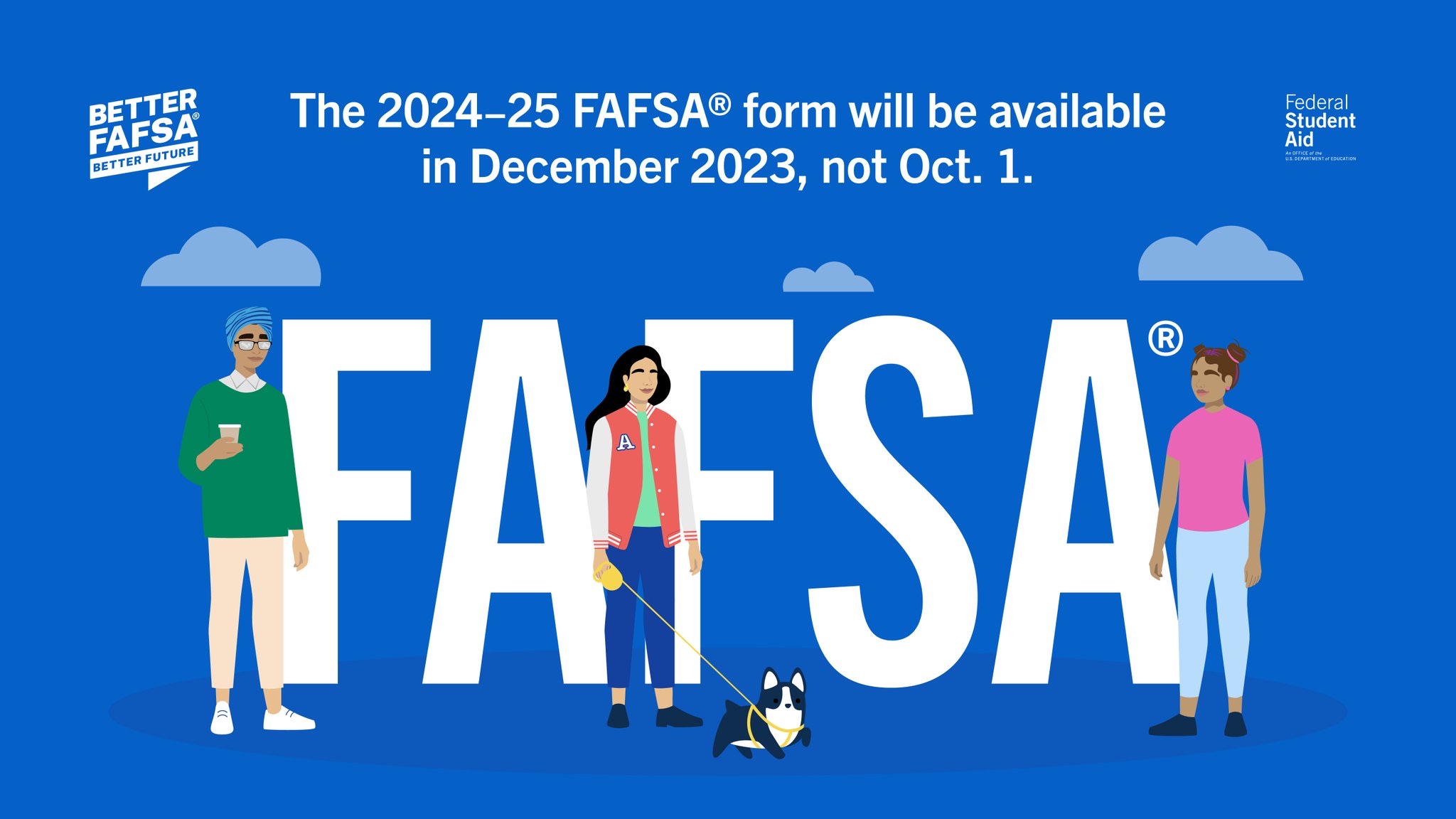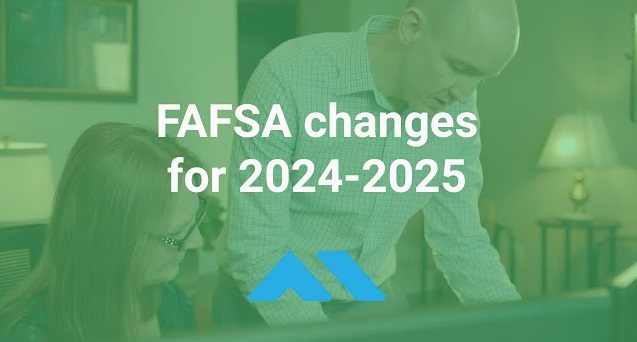Discover the significant changes in the FAFSA 2024 application process and how it affects students and their families. Learn about the increased number of questions, expanded university choices, and shifts in financial aid regulations.

The FAFSA 2024 has undergone adjustments (Photo: umbc)
The FAFSA 2024 Application Update: Simplification Delay and Key Modifications
The FAFSA 2024 has undergone adjustments, according to the article released by Marca. Originally expected to be finished earlier, the simplification process delayed the form’s distribution and became available last December 31, instead of October 31 of last year. The number of questions has been reduced from 108 to 46, and applicants can now include 20 universities instead of 10.
Some families with multiple college-bound children faced challenges. Payouts for such households decreased after the reform eliminated the cash flow focus. Parents, independent students, and single parents can now receive more income protection allowance. Significant improvements to the financial assistance appeals procedure and cost of attendance criterion should benefit applicants.
The regulations have removed the income limit requirement for FAFSA submission and replaced the Expected Family Contribution (EFC) with the Student Aid Index (SAI). This shift, in conjunction with the Cost of Attendance, impacts the amount of aid available to applicants. It is crucial for families with college-bound children to submit their FAFSA, as eligibility for assistance is influenced by various factors, some of which may be unknown to them.
READ ALSO: SNAP Finance Payments: Montana Prepares To Disburse Up To $1,751
Navigating the Reforms and Embracing Change
Students and families should understand and adapt to the restructured FAFSA 2024 regulations, ensuring timely submission of applications. While introducing complexities, the changes seek to provide fairer and more tailored financial aid opportunities. With the broad range of factors influencing aid eligibility, it is essential for applicants to engage with these reforms and ensure they maximize their chances of receiving valuable assistance for higher education.
The FAFSA 2024 reforms have redefined the application process, bringing both challenges and opportunities for students and families. Understanding the implications of the simplified yet delayed process, modifications in financial considerations, and removing income limit requirements is crucial for navigating these changes and making informed decisions regarding higher education and financial aid.
READ ALSO: Alaska SNAP Benefits Await Financial Support Arriving In Early February

















































